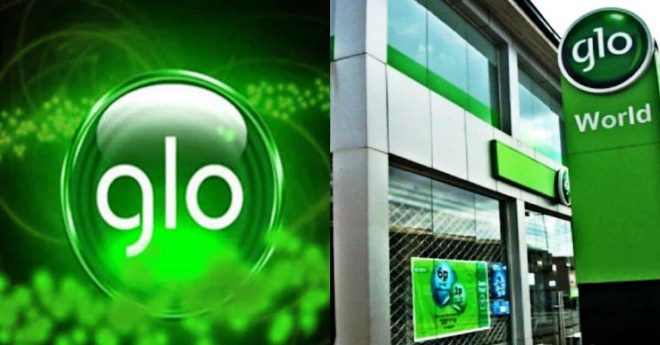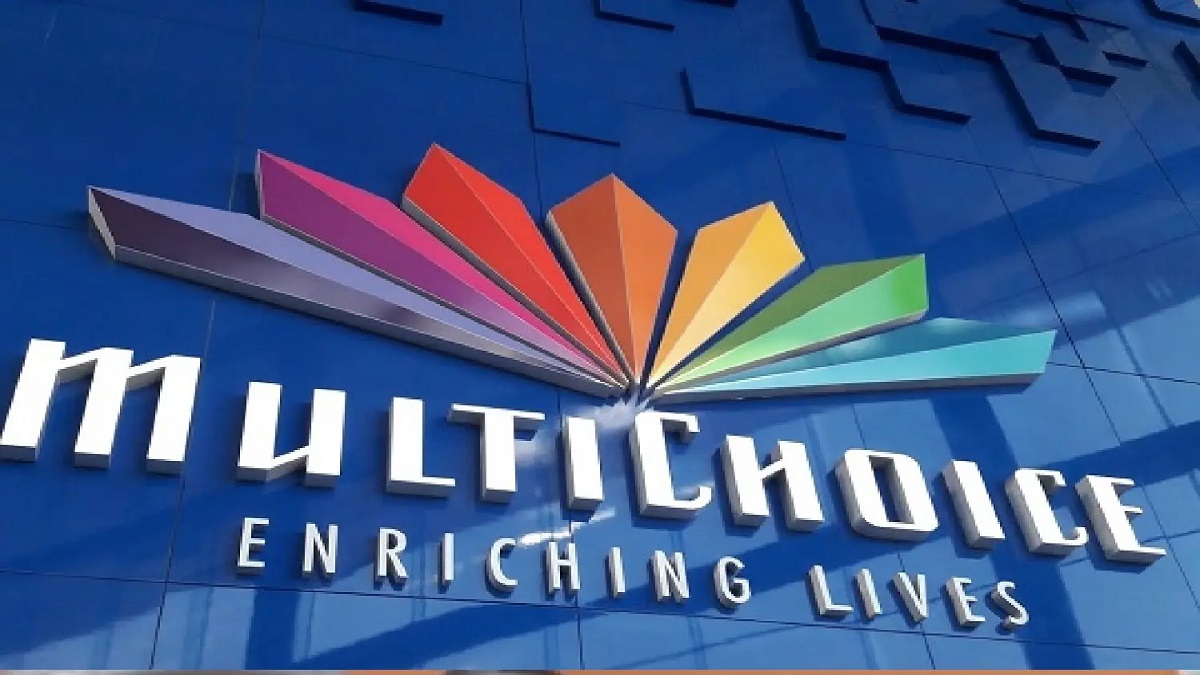A Nigerian carrier that secured a fifth generation (5G) technology licence in 2021, Mafab Communications, will begin operations by the end of Q1 2025, according to its Chief Operating Officer Adebayo Onigbanjo. This will mark the first time Mafab’s services will be commercially available, nearly three years after the company entered the 5G market.
Mafab had launched paper services in Abuja and later Lagos with nothing concrete to show for the media launch. The company had shocked the market when it won the bid for to offer two lots of in the 3.5gigahertz (GHz) spectrum band for the deployment of 5G services in the country. It had won alongside MTN Nigeria while Airtel Nigeria had dropped out of the exercise conducted by the Nigerian Communications Commission (NCC). While MTN Nigeria and Airtel which launched after Mafab have since shown they are serious about rolling out services, Mafab has kept a terrifying silence while the NCC kept saying the telco was rolling out services.
Mafab will launch its 5G services with 102 operational sites in Kano and Abuja and subscribers will need to buy routers to connect to the network. The company is also collaborating with multiple vendors to build out these sites in phases.
Mafab Communications secured its 5G license on the same day as MTN. However, while MTN launched its 5G services just eight months later, Mafab—a newer company—faced delays in deploying its network due to a lack of telecom infrastructure. Compounding the delays, Mafab did not receive its Unified Access Service License (UASL) and numbering plan until July 2022. As a result, the company applied for an extension from the Nigerian Communications Commission (NCC), pushing its rollout deadline to January 2023.
After its January 2023 launch event, the company began advertising the sale of 5G routers on its website, but buyers could not activate the service. The sale of the routers has since been suspended as the company works to complete its infrastructure buildout.
Although the 5G market is still early in Nigeria, the delays leave Mafab playing catch up with competitors such as MTN and Airtel, especially in Lagos, Nigeria’s commercial capital where most of the subscribers are currently located. Mafab is still working on its Lagos sites but has not yet announced when services will go live there.
“As with many telecoms operators, foreign exchange (FX) fluctuations have been a major challenge, leading to increased rollout costs compared to the initial projections,” Onigbanjo said.
Nigeria’s 5G market has been growing since its commercial rollout in August 2022, led by MTN Nigeria. In October 2024, 5G accounted for 2.33per cent of the country’s internet subscribers, with MTN Nigeria commanding 79per cent market share and Airtel Africa holding around 20per cent. Mafab’s planned Q1 rollout is expected to drive further adoption, especially in cities outside Lagos and Abuja.
The company has focused on strengthening its infrastructure and expanding coverage in Kano and Abuja to support broader 5G access, according to Onigbanjo. This includes building out a Radio Access Network (RAN), transport systems, and intelligent networks to connect user devices —such as smartphones and internet of things (IoT) gadgets—to its core telecom network.






